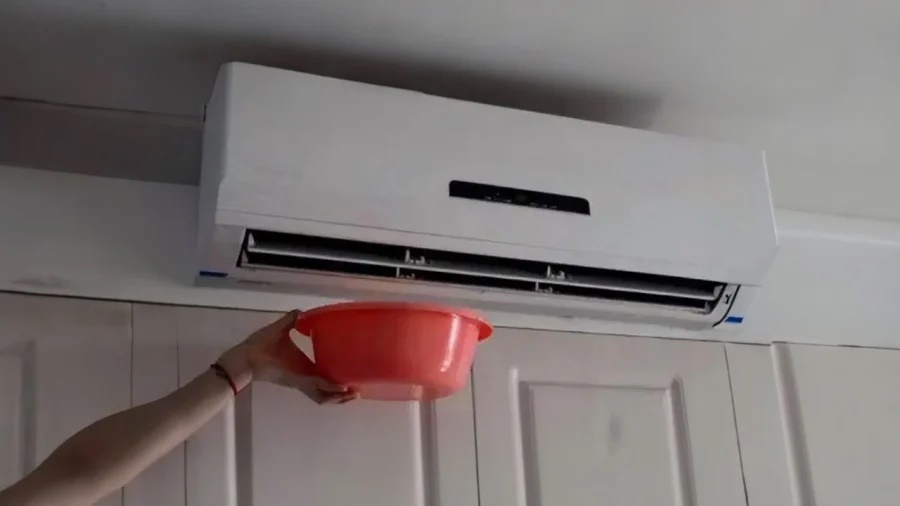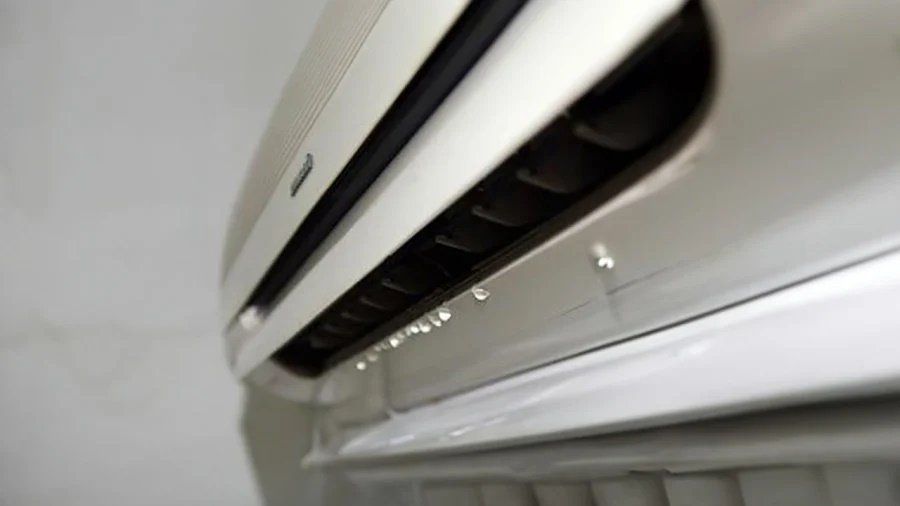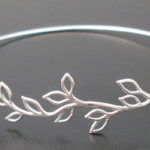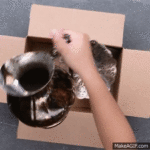Using air conditioners can be inconvenient because you have to redirect the wastewater outside and then use a bucket to catch and empty it when it’s full. Many people think that air conditioner wastewater is dirty, so they often pour it into the sewage system. But that is a wasteful action.
AC wastewater is created because the AC unit extracts water vapor from the air. This water vapor accumulates and forms water droplets, which are then channeled out through a drain pipe. Therefore, if the drain pipe is clean, this is a source of clean water. When the air filter, or the air duct, is not cleaned continuously, the water that flows out will no longer be clean enough for drinking. However, compared to many other types of water, they are still useful and clean for other purposes. So, don’t waste this water resource:

Watering plants and flowers
The tap water we use directly is hard water that, when used to water plants, can cause the soil to become compacted, negatively affecting the roots. As a result, plants are more prone to disease and weakness. Especially, a lot of tap water has a strong chlorine odor, so you have to let it sit out in an open container for the chlorine to evaporate before using it to water the plants; otherwise, not only will it be difficult to grow certain plants, but they may also die. However, AC wastewater has become soft water. If it is used to water plants, it not only effectively prevents the issue of saline soil but also makes the soil more loose and friable. So, keep AC wastewater to water plants, which is both economical and beneficial for plant growth.
AC wastewater also contains nitrogen, phosphorus, potassium, and other trace elements that can be absorbed and used directly, helping plants to grow greener and bloom more beautifully compared to when you use tap water directly to water the plants.

Floor cleaning and general cleaning
When it comes to floor cleaning, AC wastewater is clean water, so you can absolutely use it instead of letting it go to waste. AC wastewater is completely clean water that can be used for cleaning and washing. This is also a great way to save water for your household.
Brightening and cleaning jewelry
AC wastewater contains a high amount of sodium fluoride, which can help remove dust from the surface of jewelry and make them shine brighter. If your necklaces, earrings, etc. are rusty or tarnished, you can use this water to clean them. You can soak the jewelry in AC wastewater for about 6 hours and then use a cotton swab to clean them. You will see the benefits of AC wastewater clearly.
Is AC wastewater drinkable?
In terms of the principle of AC wastewater generation, it is formed by condensing air vapor due to cold air. Therefore, its nature is clean. However, it flows through the copper drainpipe and then into the bucket, so during the transportation process, it may have been contaminated or become dirty. Thus, in theory, it is clean water, but in practice, when it is caught, it may have been contaminated. Therefore, AC wastewater should not be used for drinking, but it can be reused for some activities as mentioned above, such as washing, watering plants, and keeping fish tanks.
According to Giatri.thoibaovhnt
How to Make Jewelry Sparkle Like It’s Brand New
“Maximize Kitchen Hygiene with these Incredible Tips for Cleaning and Whitening Plastic Cutting Boards”
Having trouble keeping your plastic cutting boards clean and free of bacteria and mold? We’ve got the perfect solution for you: an easy trick that will extend the life of your boards! Read on to find out how to quickly and easily whiten and clean your plastic cutting boards – it’s a tip not everyone knows about!





































